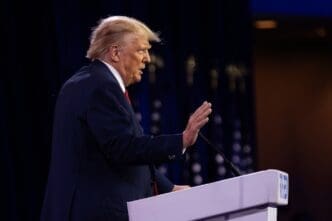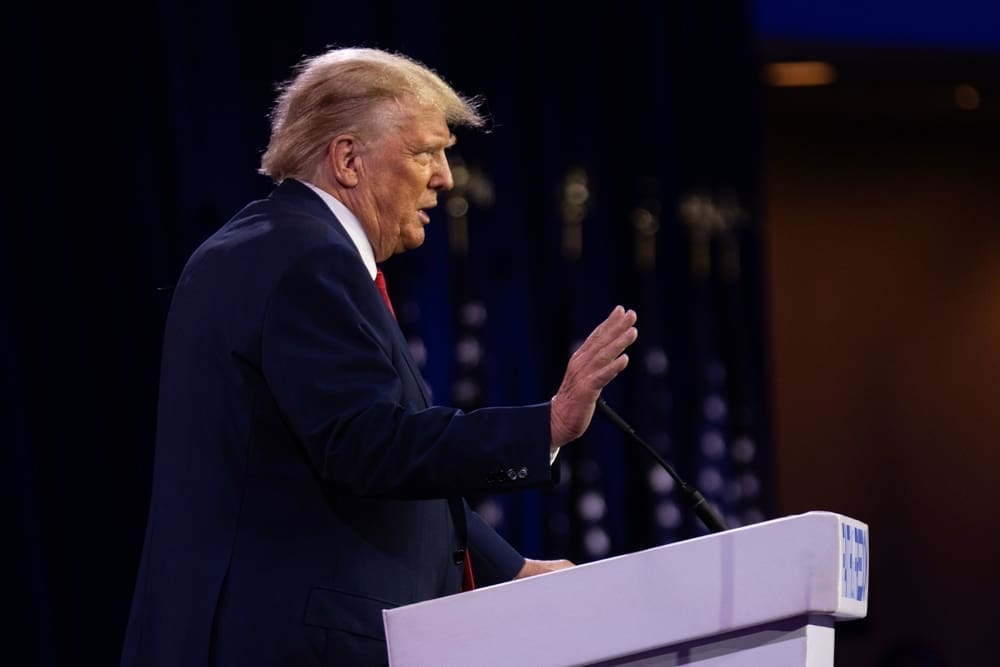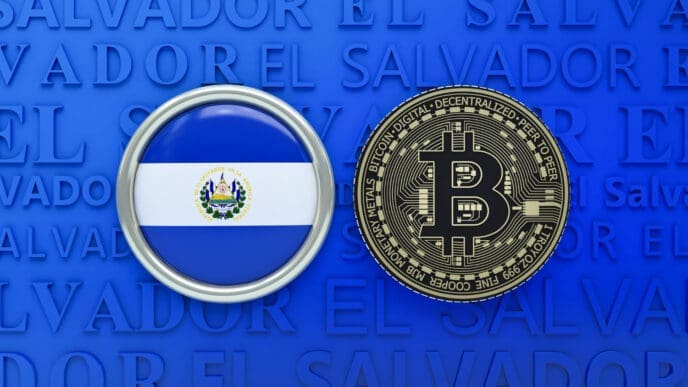An upside-down American flag waved by a protester in front of the Capitol in Washington on March 4 serves as a stark symbol of the current global discourse. For decades, the United States has been criticized for its assertive international stance, often accused of imposing its capitalist and democratic ideals worldwide. Questions arise about America’s self-appointed role as the global enforcer and its influence over international affairs and institutions.
Recently, the global landscape is witnessing the ramifications of diminished American leadership. Under the administration of President Donald Trump, the United States is retracting its engagement from key international entities like the North Atlantic Treaty Organization (NATO), the United Nations, and the World Trade Organization. These institutions have long been pillars supporting the global order. President Trump argues that the U.S. has been exploited by other nations, bearing the brunt of global peacekeeping while facing economic challenges from international competition. He suggests a potential withdrawal from these roles if circumstances remain unchanged.
This potential shift in U.S. policy is seen by some as advantageous for authoritarian regimes. Countries like Russia under Vladimir Putin and China under Xi Jinping advocate for a multipolar world—a world where their interests are less hindered by U.S. intervention. The alternative to U.S. dominance, critics argue, could lead to a more destabilized global environment.
Historically, U.S. influence has contributed significantly to global stability and prosperity. In the 20th century, the United States played a critical role in overcoming militarism, fascism, and communism. In the current century, it continues to be a stabilizing force through initiatives such as supporting NATO, providing military aid to Ukraine against Russian aggression, supporting Taiwan amidst Chinese threats, and combating global terrorism.
Despite mixed motives, American leadership has driven both national and global prosperity. The narrative of American economic decline contradicts the success of leading U.S. companies and the robust national economy, which continues to outpace international competitors. The benefits of the U.S.-led international order extend globally, contributing to improvements in health, wealth, life expectancy, and education for many around the world.
While the United States faces criticism for its global policies, it remains a crucial player in international affairs. Former Secretary of State Madeleine Albright described the U.S. as the world’s “indispensable nation,” a sentiment echoed by former President Barack Obama. The challenges posed by U.S.-led globalization are minor compared to the potential threats from its authoritarian adversaries.
Discussions about Europe increasing its defense capabilities or Canada diversifying its trade partnerships highlight a desire for regional autonomy, yet none can fully substitute the United States’ economic and military might. The unfolding events of President Trump’s second term underscore the enduring necessity of U.S. leadership in maintaining global order.














